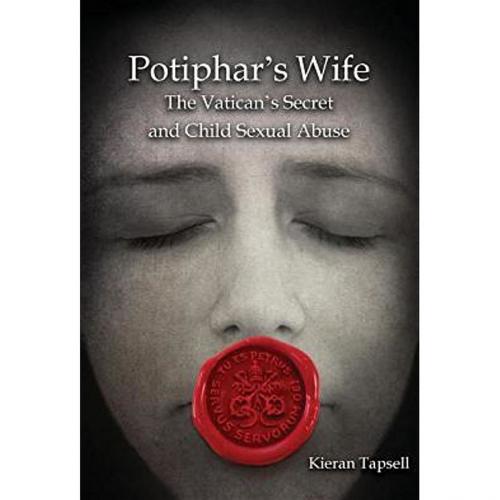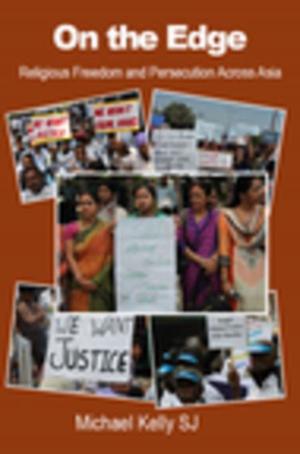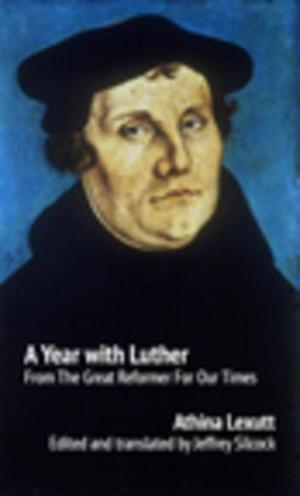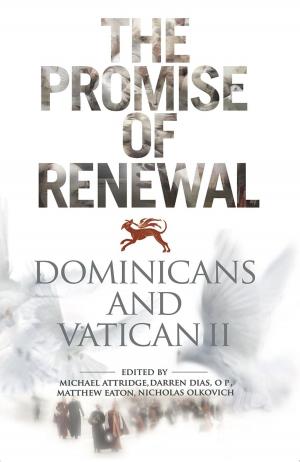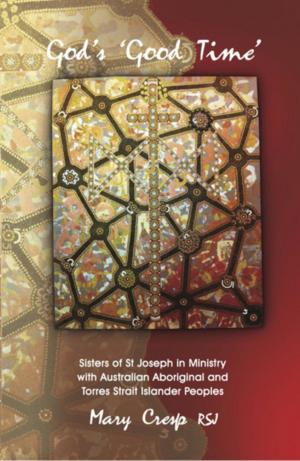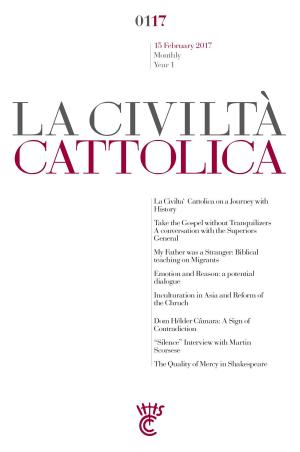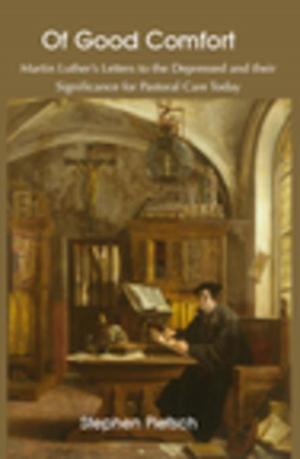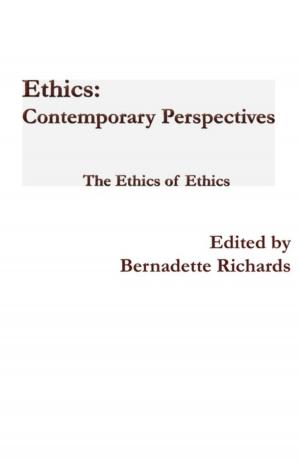| Author: | Kieran J Tapsell | ISBN: | 9781921511479 |
| Publisher: | ATF (Australia) Ltd | Publication: | July 20, 2017 |
| Imprint: | ATF (Australia) Ltd | Language: | English |
| Author: | Kieran J Tapsell |
| ISBN: | 9781921511479 |
| Publisher: | ATF (Australia) Ltd |
| Publication: | July 20, 2017 |
| Imprint: | ATF (Australia) Ltd |
| Language: | English |
The 'cover-up' of child sexual abuse by the Catholic Church has been occurring under the pontificate of six popes since 1922.
For 1500 years, the Catholic Church accepted that clergy who sexually abused children deserved to be stripped of their status as priests and then imprisoned. A series of papal and Council decrees from the twelfth century required such priests to be dismissed from the priesthood, and then handed over to the civil authorities for further punishment.
That all changed in 1922 when Pope Pius XI issued his decree Crimen Sollicitationis that created a de facto 'privilege of clergy' by imposing the 'secret of the Holy Office' on all information obtained through the Church's canonical investigations. If the State did not know about these crimes, then there would be no State trials, and the matter could be treated as a purely canonical crime to be dealt with in secret in the Church courts. Pope Pius XII continued the decree. Pope John XXIII reissued it in 1962. Pope Paul VI in 1974 extended the reach of 'pontifical secrecy' to the allegation itself. Pope John Paul II confirmed the application of pontifical secrecy in 2001, and in 2010, Benedict XVI even extended it to allegations about priests sexually abusing intellectually disabled adults. In 2010, Pope Benedict gave a dispensation to pontifical secrecy to allow reporting to the police where the local civil law required it, that is, just enough to keep bishops out of jail. Most countries in the world do not have any such reporting laws for the vast majority of complaints about the sexual abuse of children. Pontifical secrecy, the cornerstone of the cover up continues.
The effect on the lives of children by the imposition of the Church's Top Secret classification on clergy sex abuse allegations may not have been so bad if canon law had a decent disciplinary system to dismiss these priests. The 1983 Code of Canon Law imposed a five year limitation period which virtually ensured there would be no canonical trials. It required bishops to try to reform these priests before putting them on trial. When they were on trial, the priest could plead the Vatican 'Catch 22' defence—he should not be dismissed because he couldn't control himself.
The Church claims that all of this has changed. Very little has changed. It has fiddled around the edges of pontifical secrecy and the disciplinary canons. The Church has been moonwalking.
Kieran Tapsell studied for the Catholic priesthood at St. Columba's College, Springwood, and St. Patrick's College Manly in the 1960's, during which time he studied Canon Law for some 3 years. After leaving the seminary, he studied Law at Sydney University. He was admitted a Solicitor and Barrister of the Supreme Court of NSW in 1973, was a partner in the firm of Watkins Tapsell from 1973 to 2004, an Accredited Specialist in Commercial Litigation and Advocacy, and a District Court Arbitrator and Mediator. He was an Acting District Court Judge from 1996 to 1999 and the author of many articles in legal journals on topics within his area of specialization. Since his retirement from his legal practice in 2004, he has been translating Latin American literature and newspaper columns from Spanish to English.
The 'cover-up' of child sexual abuse by the Catholic Church has been occurring under the pontificate of six popes since 1922.
For 1500 years, the Catholic Church accepted that clergy who sexually abused children deserved to be stripped of their status as priests and then imprisoned. A series of papal and Council decrees from the twelfth century required such priests to be dismissed from the priesthood, and then handed over to the civil authorities for further punishment.
That all changed in 1922 when Pope Pius XI issued his decree Crimen Sollicitationis that created a de facto 'privilege of clergy' by imposing the 'secret of the Holy Office' on all information obtained through the Church's canonical investigations. If the State did not know about these crimes, then there would be no State trials, and the matter could be treated as a purely canonical crime to be dealt with in secret in the Church courts. Pope Pius XII continued the decree. Pope John XXIII reissued it in 1962. Pope Paul VI in 1974 extended the reach of 'pontifical secrecy' to the allegation itself. Pope John Paul II confirmed the application of pontifical secrecy in 2001, and in 2010, Benedict XVI even extended it to allegations about priests sexually abusing intellectually disabled adults. In 2010, Pope Benedict gave a dispensation to pontifical secrecy to allow reporting to the police where the local civil law required it, that is, just enough to keep bishops out of jail. Most countries in the world do not have any such reporting laws for the vast majority of complaints about the sexual abuse of children. Pontifical secrecy, the cornerstone of the cover up continues.
The effect on the lives of children by the imposition of the Church's Top Secret classification on clergy sex abuse allegations may not have been so bad if canon law had a decent disciplinary system to dismiss these priests. The 1983 Code of Canon Law imposed a five year limitation period which virtually ensured there would be no canonical trials. It required bishops to try to reform these priests before putting them on trial. When they were on trial, the priest could plead the Vatican 'Catch 22' defence—he should not be dismissed because he couldn't control himself.
The Church claims that all of this has changed. Very little has changed. It has fiddled around the edges of pontifical secrecy and the disciplinary canons. The Church has been moonwalking.
Kieran Tapsell studied for the Catholic priesthood at St. Columba's College, Springwood, and St. Patrick's College Manly in the 1960's, during which time he studied Canon Law for some 3 years. After leaving the seminary, he studied Law at Sydney University. He was admitted a Solicitor and Barrister of the Supreme Court of NSW in 1973, was a partner in the firm of Watkins Tapsell from 1973 to 2004, an Accredited Specialist in Commercial Litigation and Advocacy, and a District Court Arbitrator and Mediator. He was an Acting District Court Judge from 1996 to 1999 and the author of many articles in legal journals on topics within his area of specialization. Since his retirement from his legal practice in 2004, he has been translating Latin American literature and newspaper columns from Spanish to English.
